As a climate activist living during the coronavirus pandemic, the world feels pretty heavy these days. Watching the pandemic in America is like watching the entire climate crisis unfold over just a few months. First, experts give warnings that are largely dismissed, but are later proved right. Then, as their predictions come true, our political institutions fail to protect the public interest, especially as the suffering falls upon groups who were already the most vulnerable.
Unfortunately, a new crisis doesn’t erase an old one. In many ways, it feels like we failed our dress rehearsal for climate change:

For COVID-19, we weren’t able to avoid the trap of undervaluing our expert warnings and digging a hole for society. The next challenge for those who care about justice is to avoid that trap on climate change.
I stray away from making precise connections between individual weather events and climate, since it can feel opportunistic, especially when people are suffering. Likewise, I hesitated when some people made hasty connections between climate and the coronavirus, because some of them are not actually worth celebrating. For example, it is true that emissions are a bit lower and that the reduced air pollution will save thousands of lives and lots of wildlife, like the creatures returning to the Venice canals. This does reveal the costs of our current systems. However, on a larger scale, the pollution will return quickly when economies open back up. Anyone believing that the virus is a net-positive should perhaps reevaluate. Although I’m certainly an environmentalist, as a Christian I cannot see the virus as “worth it” when the Image of God is being destroyed in so many people’s deaths.
Some logistical comparisons are much more worthwhile, like air travel and deforestation. The modern world’s heavy use of air travel is a significant source of our carbon footprint, but also allowed the virus to spread across the world so quickly. And deforesting formerly-wild areas not only hampers the earth’s ability to suck carbon out of the atmosphere, it brings more people into contact with wild animals we don’t usually see. This closer proximity also makes it more likely that their diseases will cross into our population; we believe that Ebola, SARS, and COVID-19 came from bats, while the 1918 Spanish Flu came from birds, perhaps via pigs. These connections deserve further study as we realize how inter-connected our world has become.
But aside from the pure science of how climate change and the coronavirus arose, deeper questions appear for people concerned with faith and justice: What underlying issues led to these situations? What kinds of things should we be doing now? How can we extract ourselves from them?
A handful of possible answers present themselves in my mind: listen to frontline communities, act individually, and organize collectively.
Frontline communities are those who are most affected. Both climate change and the coronavirus are threat multipliers, meaning they compound pre-existing injustices in our society. For example, did you know that COVID-19 disproportionately affects black and Latino communities? This does not seem to have a biological factor, but is more a reflection of where the US allows the highest rates of air pollution. And Asian Americans continue to face increased discrimination in public over the pandemic.
Meanwhile, we now know that the virus in America was not primarily spread by contact from China, but from white-majority, European countries and college kids who chose to go to the beach for spring break despite warnings. Climate change is much the same. Populations most responsible for the problem are those with higher carbon footprints in history like Americans and Europeans, while those who are suffering and will suffer the most are populations with lower emissions. Waterfront countries like Kiribati and Bangladesh are faced with rising seas, while crippling droughts destabilize regions like Syria and Yemen. This is also true locally: just this month, a Native American tribe in southern Louisiana solidified plans to move to higher ground. Climate refugees are real, and they are here now. Only by listening to these communities can we address the injustice of these issues.
Second, our actions matter, in both the virus and the climate. My actions matter. Your actions matter. We should all be trying to make the right choices in our own lives as an extension of the Biblical concept of loving our neighbor. For COVID-19, that means reducing the likeliness that you will accidentally help transmit the disease. For climate change, that means reducing your carbon footprint. Individual actions are crucial. As writer Mary Heglar writes, “Yes, it’s true that you can’t solve the climate crisis alone, but it’s even more true that we can’t solve it without you.” Similarly, you cannot stop the pandemic by yourself, with your own mask. But unless you do that, it won’t be stopped. Individual actions add up, and perhaps more importantly, they set an example and start conversations with others who might not see the value of action.
Individual action is necessary, but insufficient. Both the virus and the climate crisis are society-wide problems, meaning they need society-wide solutions. It is a hard task to do by yourself, but you can band together. Join groups like Young Evangelicals for Climate Action and Interfaith Power and Light, or find similar organizations for your own faith tradition or region.
If individual action amounts to people making the best choice they can, collective action tries to change the “menu” of choices that society gives us all. Focusing on systems – even small ones – is the way forward: getting your church to start recycling, for example, or putting tape on the floor of your checkout lines to keep people 6’ apart. Adjusting these systems helps people act on their better impulses. Plentiful trash cans reduce litter, unemployment pay helps people stay home and avoid spreading the virus, and clean energy subsidies make it easier to reduce your carbon footprint. Changing how our systems operate, with legislation if need be, makes it easier for people to do the right thing.
Finally, some smaller takeaways have encouraged me over recent weeks. As we look at the massive changes necessary to head off climate change’s worst effects, it can feel hopeless to imagine society reacting quickly enough. However, the widespread transformation of our society during the pandemic shows us that these necessary adaptations are possible when we realize we need to. The small acts of kindness that make up our current transformation are some of the few things that have given me hope during the pandemic. Yes, there are groups that make headlines for the wrong reasons. But people make sacrifices for the good of us all, every day: they stay home, make masks, and help their neighbors shop. I pray that the same groundswell of generosity and selflessness will take effect as climate awareness rises.
As we look to the sacrifices ahead, I also pray that we learn from our failures in the pandemic. The pandemic is not an opportunity to be welcomed. But as we rebuild our society, we must not miss the opportunity to make a better, kinder world that is ready for the challenges to come from climate change. We have failed our dress rehearsal. Let us not fail again.
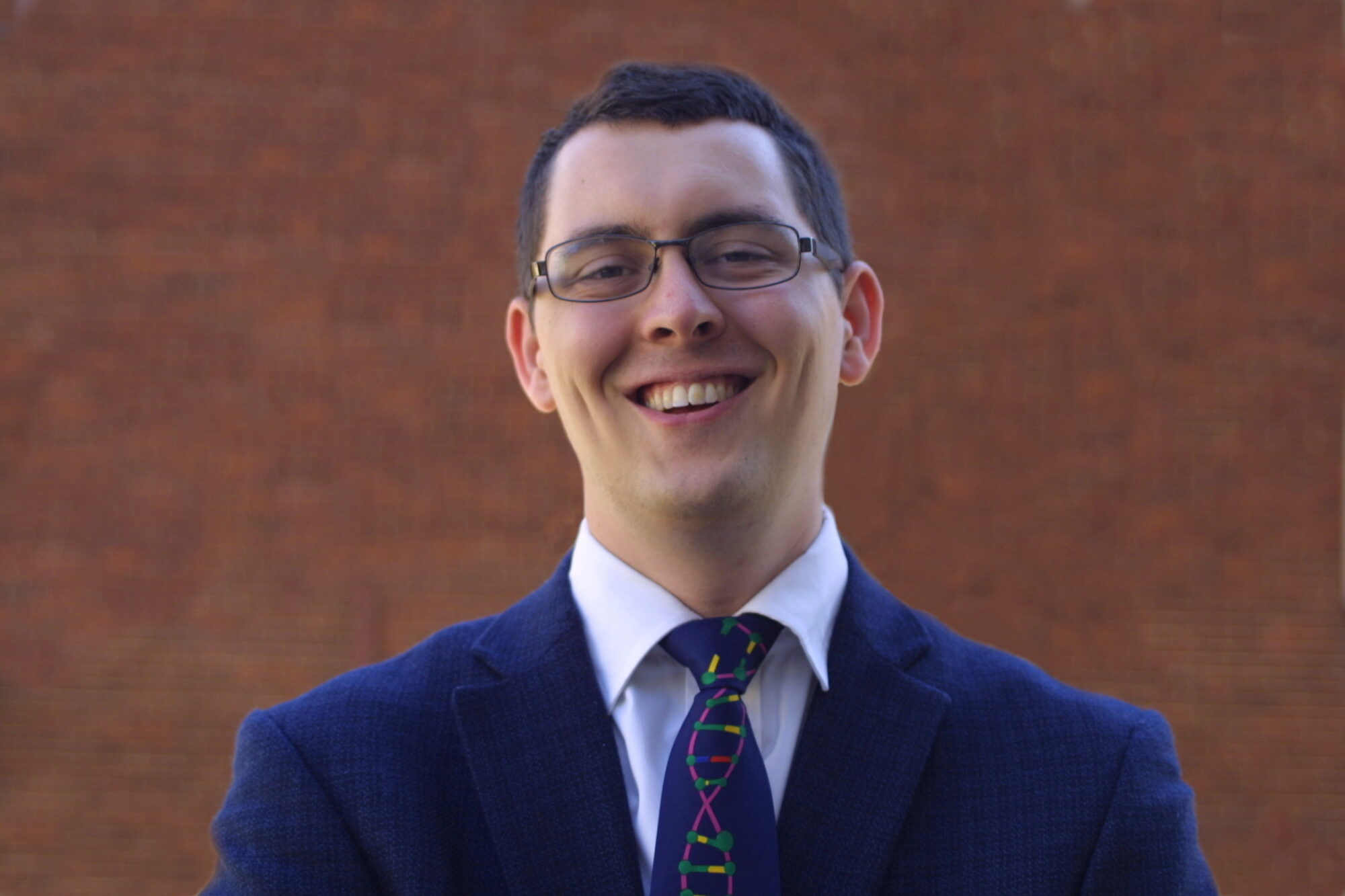
Matthew Groves, a science and faith educator, lives and teaches in Nashville, TN. He serves on the steering committees for Young Evangelicals for Climate Action and the Tennessee chapter of Interfaith Power and Light. You can learn more about his work at www.matthewdgroves.com.

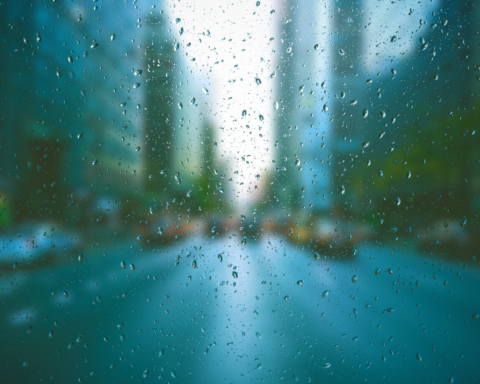
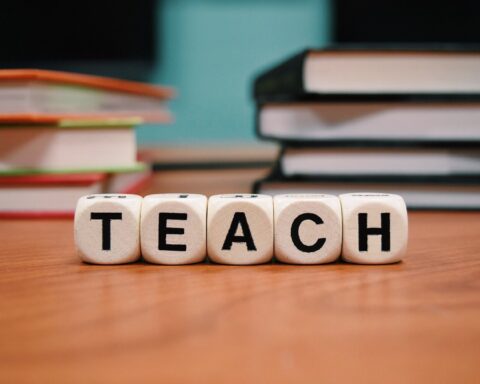
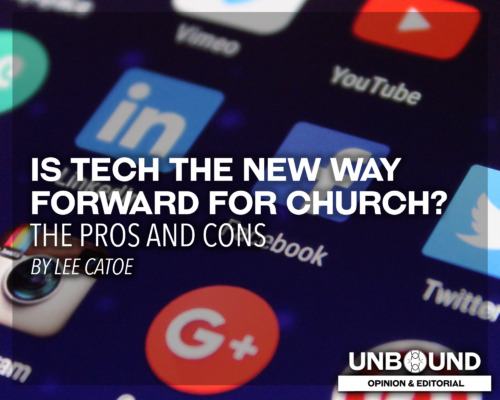

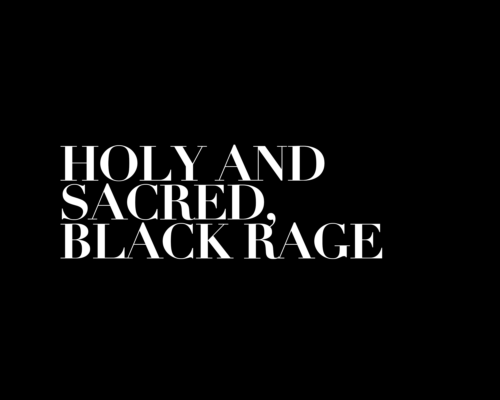
Unbound Social